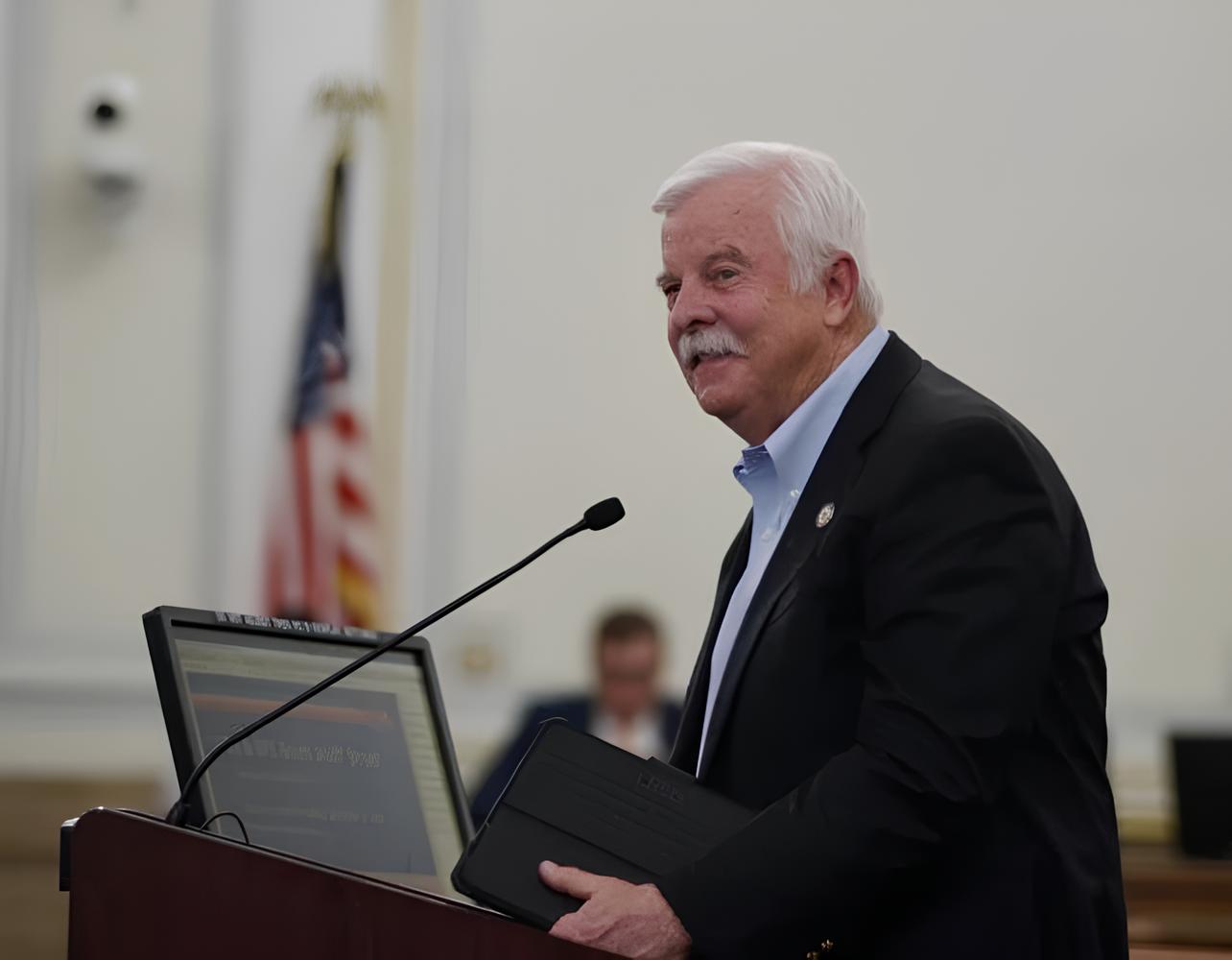
Denver’s plans for its climate change program has recently been called into question following the findings of a recent audit. Taxpayer money, which was specifically raised for climate projects, may have been diverted and misused by city agencies, leaving the effectiveness of funded projects in serious doubt.
As reported by the Denver Auditor’s Office, Timothy O’Brien, CPA, disclosed unsettling gaps in how the Office of Climate Action, Sustainability, and Resiliency (CASR) has managed the Climate Protection Fund, which, as of June 2024, amounts to more than $14 million across various agency projects.
The audit unveiled that the fund, which amassed $189.1 million and spent $103.4 million on 114 contracts between 2021 and 2024, may not fully align with voter expectations. While the fund is guided by ordinances that set specific rules on project spending, inconsistencies emerge, such as the adequately supplied Colfax Bus Rapid Transit program with $6 million without adequate rationale, or the $4.6 million used to electrify the city’s vehicle fleet, both driven by other departmental agendas. These projects do not fully align with the Climate Protection Fund’s allowable uses, the office’s mission and goals, or the office’s internal policies and procedures.
“I’m concerned this office was put in a position where it felt compelled to approve funds for other agencies,” Auditor O’Brien said. “The answer to addressing General Fund budget needs is not to rely on the Climate Protection Fund.”
The ordinance establishing the Climate Protection Fund does give the office’s executive director the responsibility of administering and managing the fund with full authority to develop “any rules necessary for the proper administration” of the fund.
Moreover, staffing vacancies have led to an oversight gap, with Denver’s CASR experiencing a 33% vacancy rate, significantly higher than the city’s average of 17%.
This staffing shortfall raises not just concern, but has manifested in tangible lapses in performance. “Every year since the office’s creation, the number of staff needed and the number of climate programs have both increased,” the Denver Auditor’s Office outlined, illustrating a direct correlation between the burgeoning demands of the climate crisis and the city’s floundering capacity to rise to the challenge. Among the audited invoices reviewed, five out of 30 lacked sufficient documentation to substantiate expenses. This inefficiency and underperformance signify a deeper systemic failure in dealing with the fiscal responsibilities inherent in stewarding the Climate Protection Fund.
The audit didn’t only highlight financial missteps, it captured a glimpse of an agency compelled, perhaps under duress, to foot the bill for projects that stray from its purview. “I’m concerned this office was put in a position where it felt compelled to approve funds for other agencies,” stated Auditor O’Brien in his findings, as obtained by the Denver Auditor’s Office. These actions, despite occurring under the banner of climate action, deviate from the primary mission of the CASR and, by extension, the direct mandate from Denver’s electorate.




